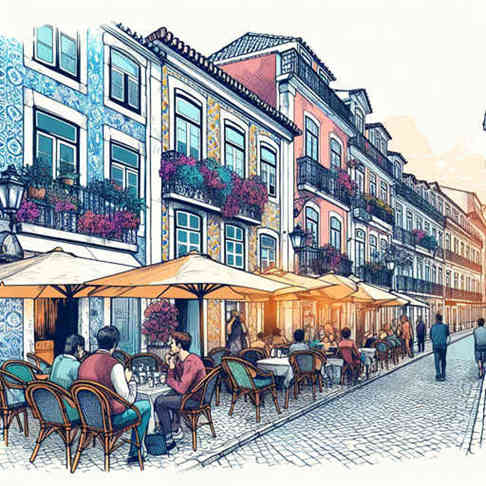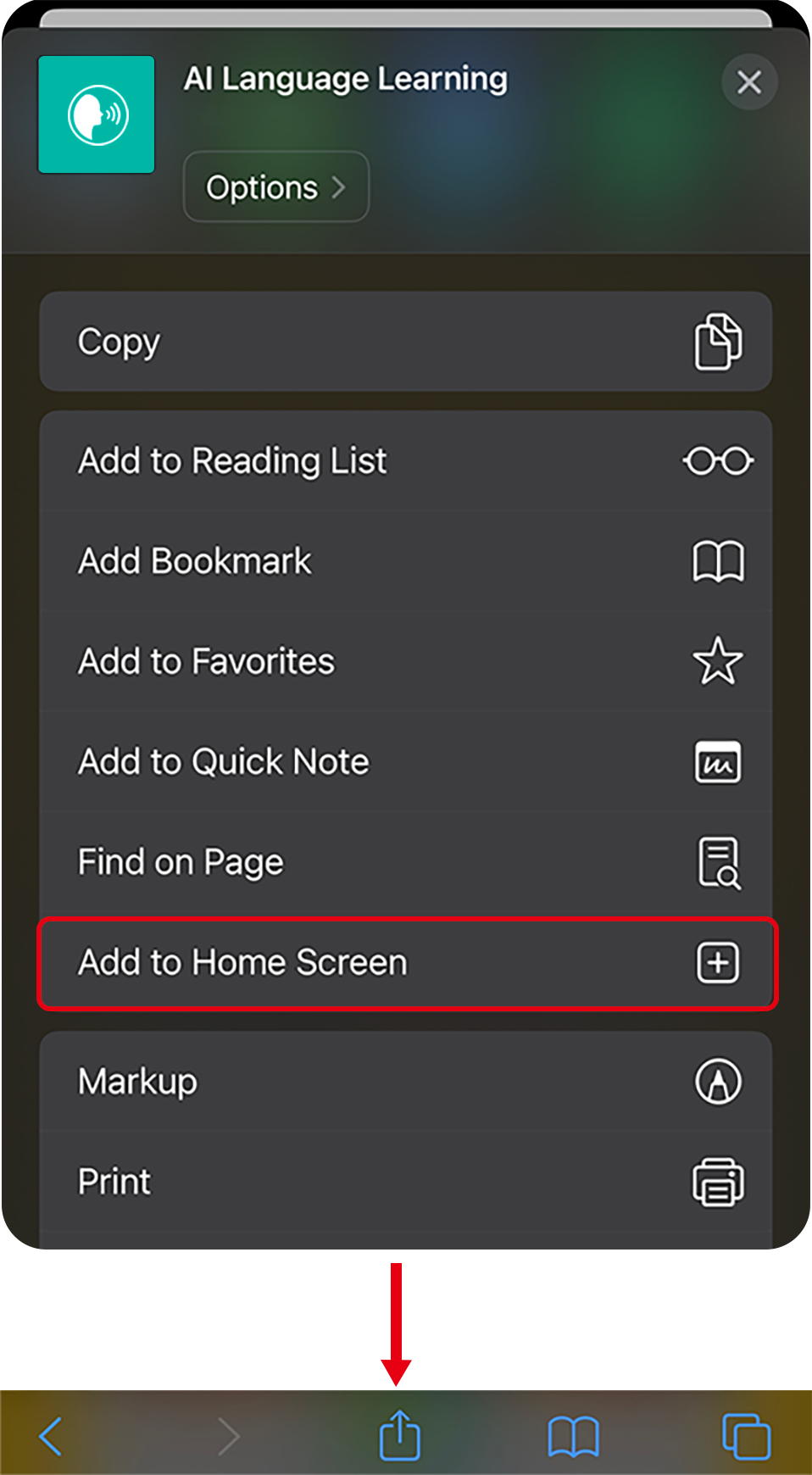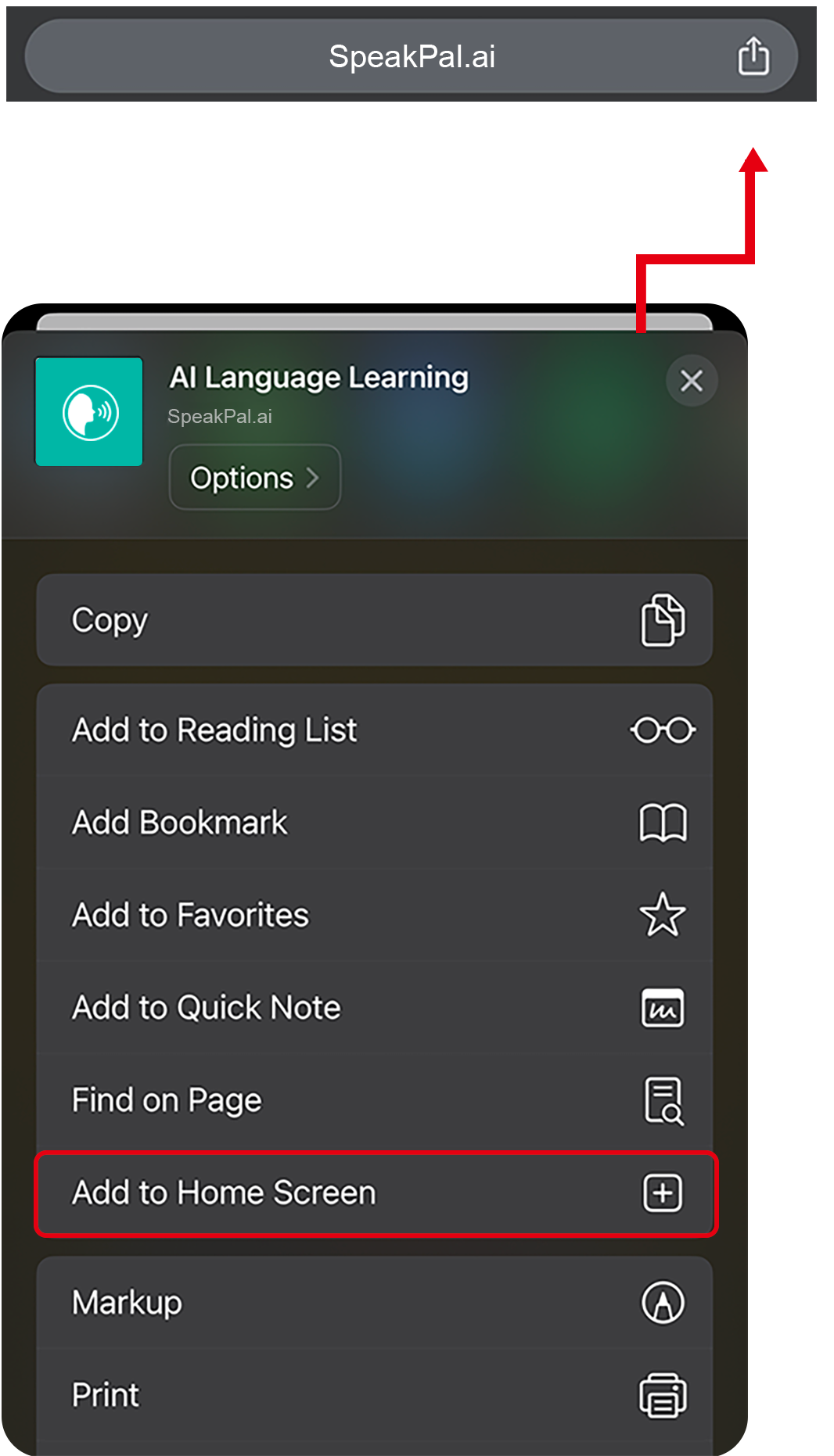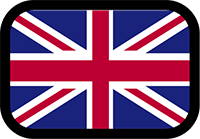Speak Portuguese With AI

Whether you're longing to explore Lisbon's historic streets, savoring pastéis de nata, or connecting with Portuguese-speaking locals, mastering Portuguese is a rewarding pursuit. SpeakPal, our AI language learning platform, offers an immersive experience for language acquisition. With personalized learning paths and an AI Language Tutor, it's the best way to learn Portuguese. Engage in real conversations, receive instant feedback, and broaden your cultural understanding—all through SpeakPal's innovative approach.
AI Language Learning: Examples of Portuguese Grammar

(Adjectives): grande, pequeno, azul
1.“O cachorro é grande.” (The dog is big.)
2.“Este é um livro azul.” (This is a blue book.)
(Adverbs):rapidamente, lentamente, frequentemente
1.“Ela corre rapidamente.” (She runs quickly.)
2.“Ele fala lentamente.” (He speaks slowly.)
(Articles): o, a, os
1.“Ele tem o livro.” (He has the book.)
2.“Esta é a cidade de onde eu venho.” (This is the city I come from.)
(Nouns): cachorro, cidade, amor
1.“O cachorro é muito grande.” (The dog is very big.)
2.“Eu moro em uma grande cidade.” (I live in a big city.)
(Prepositions): em, sobre, a
1.“O livro está sobre a mesa.” (The book is on the table.)
2.“O cachorro está embaixo da mesa.” (The dog is under the table.)
(Pronouns): ele, este, alguns
1.“Ele é meu amigo.” (He is my friend.)
2.“Eu quero alguns livros.” (I want some books.)
(Sentence Structure): Sujeito + Verbo + Objeto
1.“Eu como uma maçã.” (I eat an apple.)
2.“Nós pensamos em você.” (We think about you.)
(Tense Comparison): como, mais… que, menos… que
1.“Eu corro todos os dias.” (I run every day.)
2.“Eu vou correr amanhã.” (I will run tomorrow.)
(Tenses Subjunctive): que eu coma, se eu comesse, quando eu comer
1.“Eu deveria comer.” (I should eat.)
2.“Eu teria comido.” (I had eaten.)
(Verbs): comer, beber, dormir
1.“Nós deveríamos correr agora.” (We should run now.)
2.“Você pode ver isso?” (Can you see this?)
Learn Portuguese Tongue Twisters and Master Grammar

1. O rato roeu a roupa do rei de Roma.
Translate: The rat gnawed the clothes of the king of Rome.
2. Três pratos de trigo para três tigres tristes.
Translate: Three plates of wheat for three sad tigers.
3. Sabia que o sabiá sabia assobiar?
Translate: Did you know that the thrush knew how to whistle?
4. A aranha arranha a rã, a rã arranha a aranha.
Translate: The spider scratches the frog, the frog scratches the spider.
5. peito do pé de Pedro é preto.
Translate: Pedro's instep is black.
6. vaca malhada foi molhada por outra vaca molhada e malhada.
Translate: The spotted cow was wet by another wet and spotted cow.
7. O doce perguntou ao doce qual é o doce mais doce, e o doce respondeu ao doce que o doce mais doce é o doce de batata-doce.
Translate: The candy asked the candy what is the sweetest candy, and the candy answered the candy that the sweetest candy is the sweet potato candy.
8.Um tigre, dois tigres, três tigres.
Translate: One tiger, two tigers, three tigers.
9. Atrás da pia tem um prato, um pinto e um gato. O prato é do pinto, o pinto é do gato.
Translate: Behind the sink there is a plate, a chick, and a cat. The plate belongs to the chick, the chick belongs to the cat.
10. Bagre branco, branco bagre.
Translate: White catfish, catfish white.
11.Se o bispo de Constantinopla a desconstantinopolizar, bom desconstantinopolizador será.
Translate: If the bishop of Constantinople unconstantinopolizes it, a good unconstantinopolizer he will be.
12. A rua de paralelepípedo é toda paralelepipedada.
Translate: The cobblestone street is all cobblestoned.
13. Paria-Mole é molenga, se não é molenga não é Maria-Mole.
Translate: Maria-Mole is soft, if it's not soft it's not Maria-Mole.
14. Farofa feita com muita farinha fofa faz uma fofoca feia.
Translate: Farofa made with a lot of fluffy flour makes an ugly gossip.
15. Olha o sapo dentro do saco, o saco com o sapo dentro, o sapo batendo papo e o papo soltando o vento.
Translate: Look at the frog inside the bag, the bag with the frog inside, the frog chatting and the chat releasing the wind.
16. Fala, arara loura! A arara loura falará.
Translate: Speak, blonde macaw! The blonde macaw will speak.
17. Luzia lustrava o lustre listrado, o lustre listrado luzia.
Translate: Luzia polished the striped chandelier, the striped chandelier shone.
18. Casa suja, chão sujo.
Translate: Dirty house, dirty floor.
Learn Portuguese >
SpeakPal Home >
Try Speak Pal >
1
Tap
2
Tap Add to Home Screen





























































